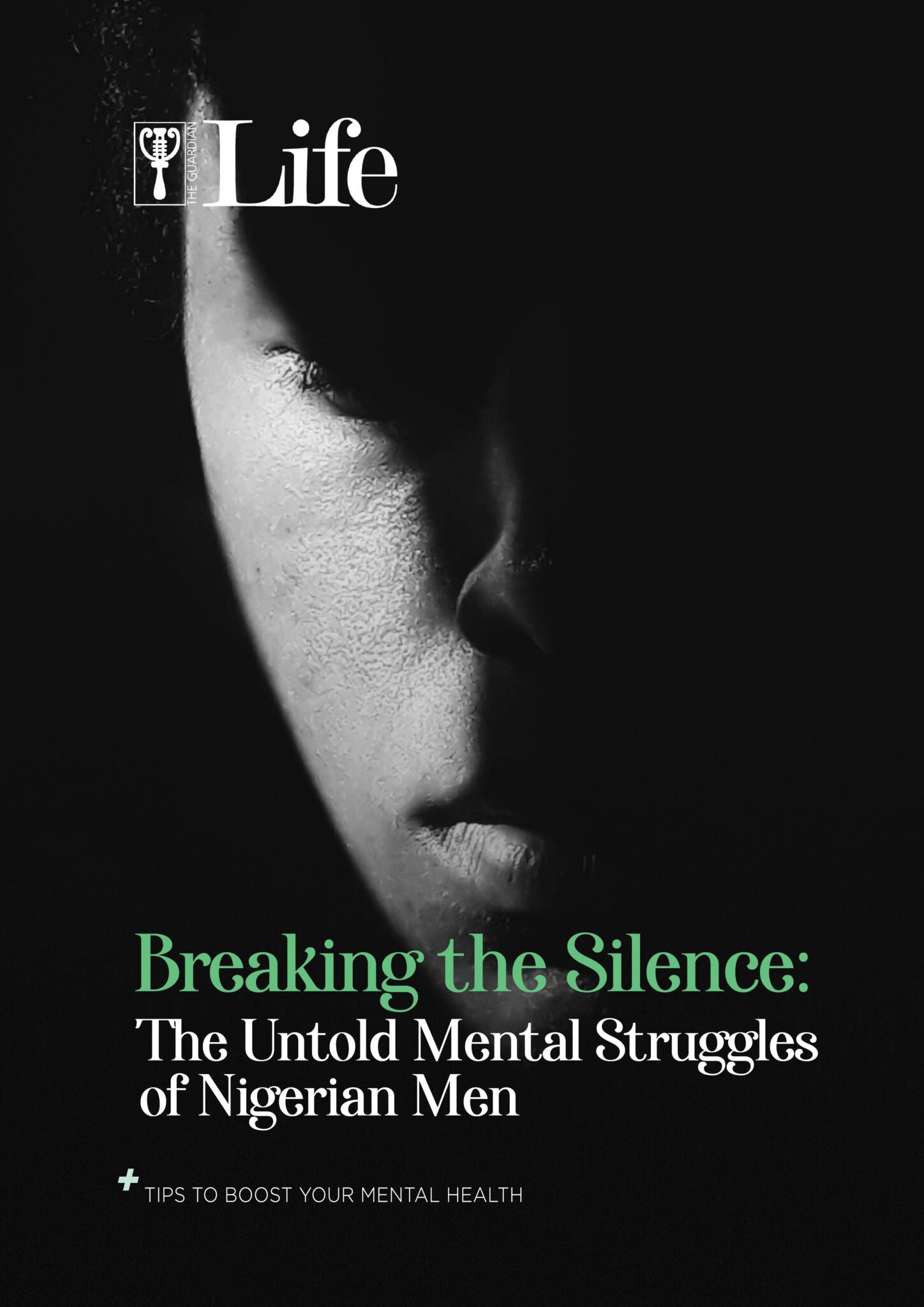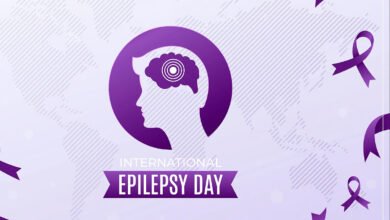Beyond the Facade: Addressing the Mental Health Challenges of Nigerian Men

By Safiya Hamza
In a society that often expects men to be the epitome of strength, resilience, and emotional fortitude, the mental health struggles of Nigerian men are frequently overlooked and rarely discussed. The cultural norms and societal expectations placed on men to be the unwavering providers and protectors often lead to a silent battle with mental health issues.
Cultural Stigma and Expectations
Nigerian culture, like many others, places a high value on masculinity. From a young age, boys are taught to suppress their emotions and “be strong.” Phrases like “men don’t cry” or “be a man” are ingrained into the psyche, creating a foundation where expressing vulnerability is seen as a sign of weakness. This cultural stigma makes it difficult for men to seek help or even acknowledge their mental health struggles.
Impact of Societal Pressures
The societal pressures on Nigerian men are immense. They are expected to be the primary breadwinners, the protectors of their families, and the ones who always have it together. These expectations can lead to overwhelming stress, anxiety, and depression. The pressure to constantly perform and meet these expectations without showing any signs of weakness can take a significant toll on mental health.
Economic Challenges
Nigeria’s economic climate adds another layer of stress for many men. High unemployment rates, financial instability, and the pressure to provide for extended families can exacerbate mental health issues. The fear of being perceived as a failure or not living up to societal expectations can lead to feelings of inadequacy and hopelessness.
Lack of Mental Health Resources
Access to mental health resources in Nigeria is limited, and the stigma surrounding mental health issues further discourages men from seeking help. There are few mental health professionals and facilities available, and those that do exist are often under-resourced. This lack of support systems leaves many men to struggle in silence.
The Role of Family and Community
Family and community play a crucial role in the mental health of Nigerian men. While family can be a source of support, it can also be a source of pressure. Traditional family structures often place immense responsibilities on men, and failure to meet these expectations can lead to feelings of shame and guilt. Building a supportive community that encourages open discussions about mental health can help alleviate some of these pressures.
Breaking the Silence
Addressing the mental health struggles of Nigerian men requires a multi-faceted approach. Education and awareness are crucial in changing societal attitudes towards mental health. Encouraging open conversations and challenging the cultural stigma associated with mental health issues can help create an environment where men feel comfortable seeking help.
Promoting Mental Health Awareness
Mental health education should be integrated into school curriculums and community programs to raise awareness from a young age. Providing resources and support for mental health issues in the workplace can also help address the pressures faced by men in their professional lives.
Access to Mental Health Services
Improving access to mental health services is essential. This includes increasing the number of mental health professionals, providing training for primary care providers to recognize and address mental health issues, and developing community-based support systems.
Encouraging Help-Seeking Behavior
Encouraging men to seek help and normalizing discussions about mental health can help break down the barriers created by societal expectations. Role models and public figures speaking out about their own mental health struggles can also play a significant role in changing perceptions and reducing stigma.
Conclusion
The mental health struggles of Nigerian men are a significant but often overlooked issue. Cultural norms, societal pressures, and economic challenges create an environment where men are expected to suppress their emotions and silently endure their struggles. Addressing these issues requires a concerted effort to change societal attitudes, improve access to mental health services, and encourage open discussions about mental health. By breaking the silence and challenging the stigma, we can create a more supportive environment for Nigerian men to seek help and thrive.
Read more about this story here: https://childreninfobank.com/safebank/breaking-the-silence-the-untold-mental-struggles-of-nigerian-men/
Source of Image: https://guardian.ng/





